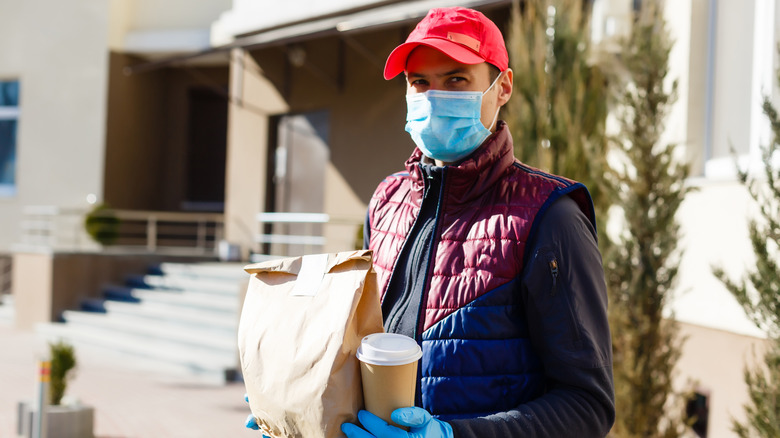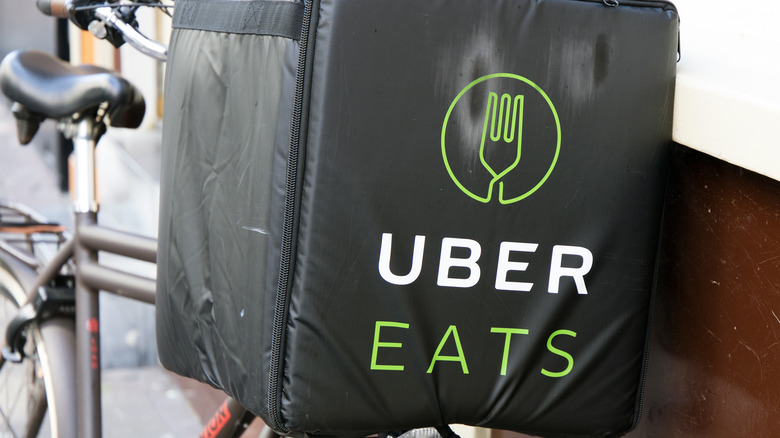What Seattle's Delivery Fee Law Really Means For Small Restaurants
The convenience that technology have brought to our lives is unmistakable. A few swipes and touches and Uber will send you a car, Starbucks will ready your order, TaskRabbit will schedule you a handy person, and GrubHub and DoorDash will bring food right to your door.
But, as the old maxim goes, if something seems too good to be true, it likely is. The downside to all of that convenience has come at a cost to both gig workers — the buzzy term for freelance independent contractors who work for companies like Uber and DoorDash — and the businesses that make use of their services, particularly in the food service sector, Eater reports.
During the pandemic, when restaurants in many cities were forced to suspend dine-in service to curtail the spread of the virus, food delivery companies positioned themselves as saviors. And, while they undeniably afforded restaurants an avenue of service that put money in the till, that luster quickly wore off as the effects of their business models became apparent. Many third-party delivery companies squeeze the restaurants on their platforms with exorbitant commission fees (via Los Angeles Times), use customer tips to subsidize the pay of gig workers (via The Verge), and occasionally even list non-affiliated restaurants on their platform, confusing and jeopardizing their customer base (via Nation's Restaurant News). Now, a new law passed in Seattle aims to combat the undue pressure delivery companies wield and give restaurants a fairer cut of their own profits.
Capping fees
Seattle's city council has signed off on an ordinance capping the fees third-party delivery companies can charge at 15%, according to Restaurant Dive, The law enshrines a pandemic emergency action that limited charges, but was due to lapse soon. While fees can't rise above this percentage, there is a carve-out for restaurants that opt to use other services provided by some delivery companies, such as marketing assistance. The law also protects freelance contractors working as drivers for delivery companies, stating that their pay cannot be cut in an effort to comply with the new law.
In a press release from the Seattle City Council, Steve Hooper, President of the Seattle Restaurant Alliance, said that the ordinance is critical. "Today's vote making the 15% commission cap permanent ensures the best customer experience by keeping delivery a viable option as restaurants navigate post-pandemic challenges and gives restaurants much-needed assistance and predictability without additional financial hardship as they seek to recover and thrive."
Running counter to the behemoths in the delivery space, such as DoorDash, GrubHub, and Postmates, are a handful of smaller services that have carved out a niche as alternatives focusing on a more sustainable, equitable business model that works for both delivery company and restaurant. Today profiled a few, including Toast, which doesn't charge companies that already use their point-of-sale technology, and Traiilo, an app that delivers groceries and liquor in addition to meals with a focus on Latinx retailers.

